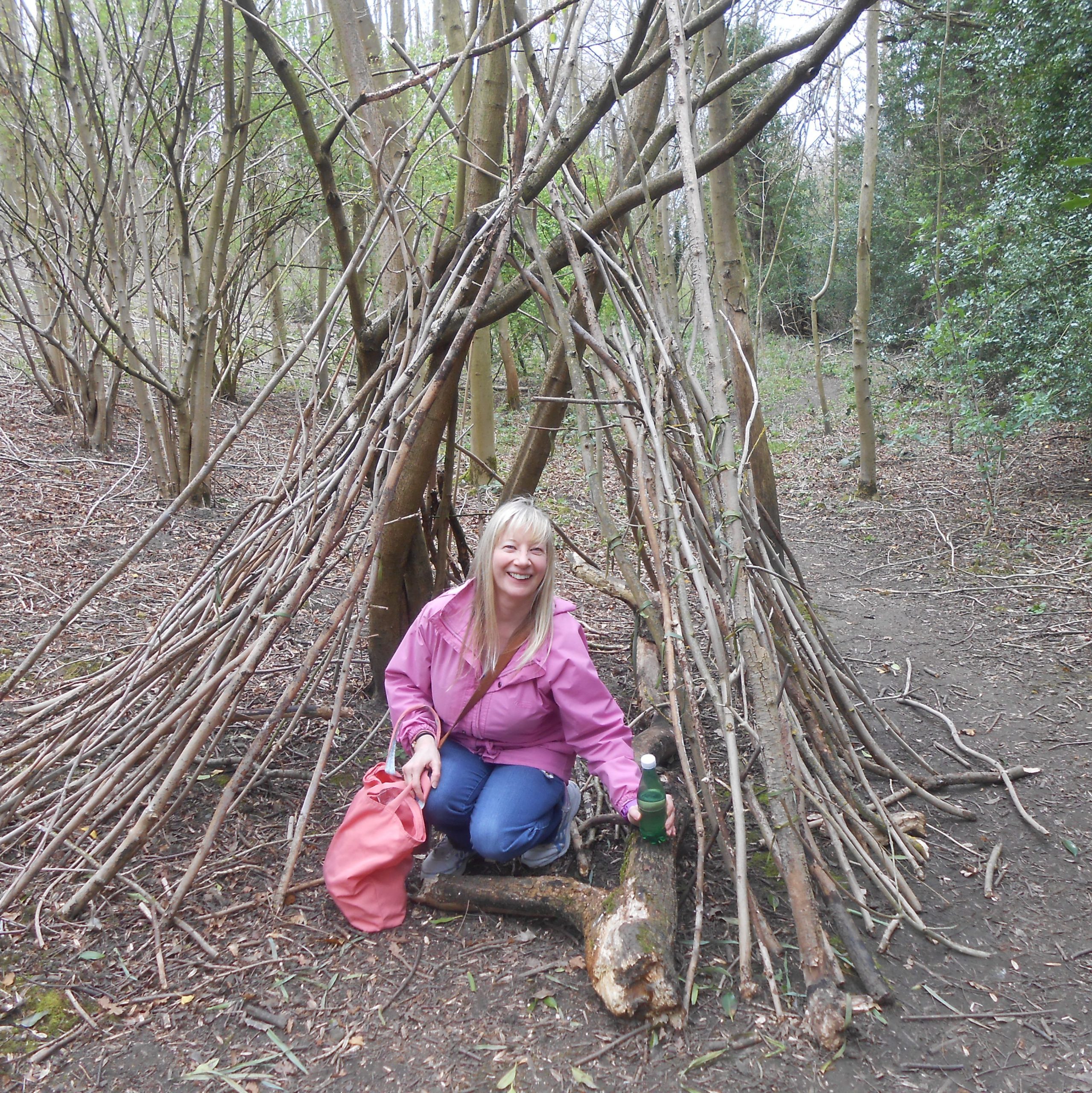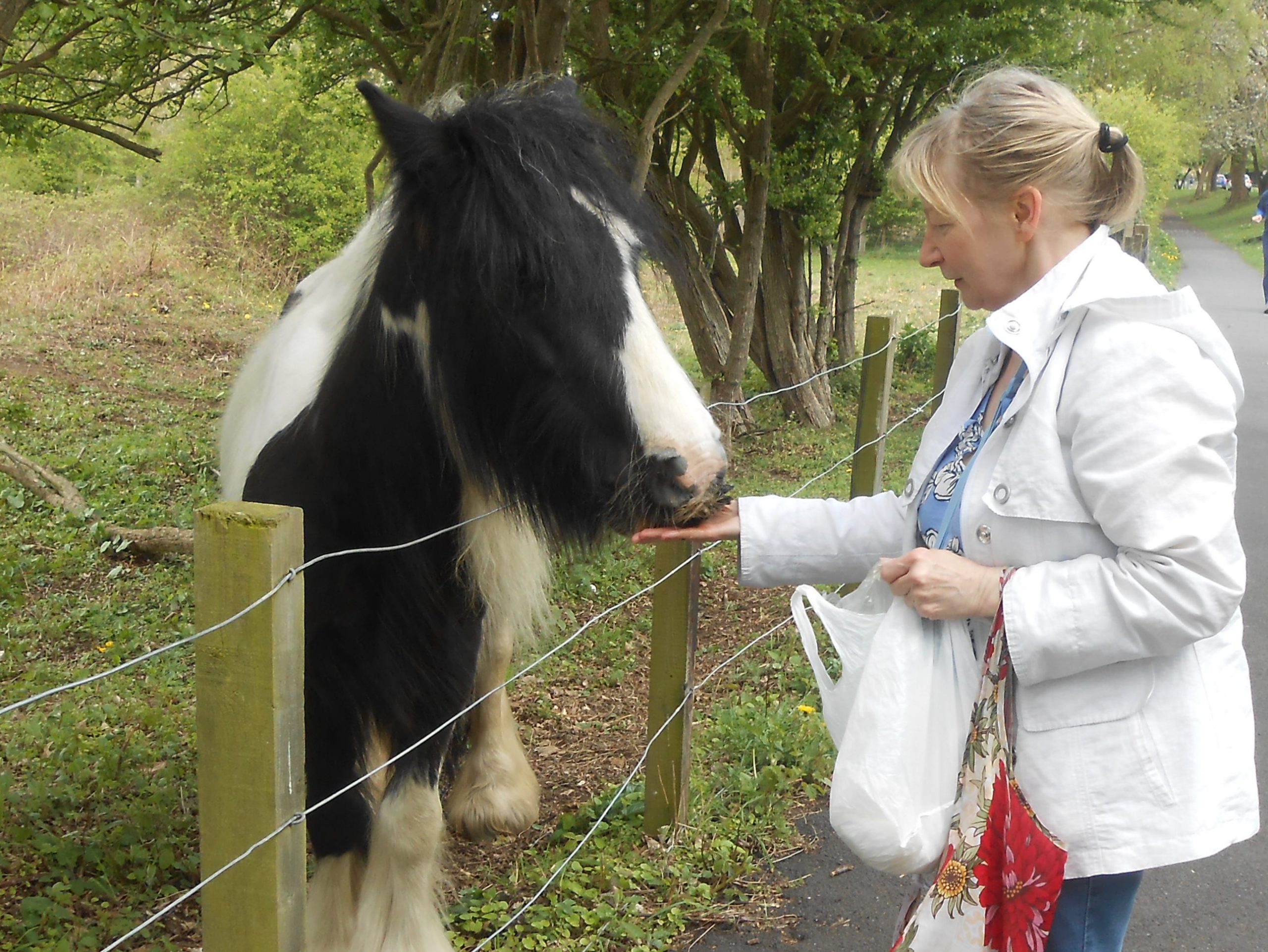
My name is Irene Soulsby and I was invited to participate in a University of Stirling research project called “Needs Rounds”. I am one of three public representatives (often known as a “PPI”) where we are able to give an opinion and share our personal experiences.
I have written this blog for Dying Matters Awareness Week (3-6 May 2022).
I want to use this blog to reflect on dying, bereavement and communicating with others about these important topics.
Talking about death and dying
As with most things, I find it very difficult to know how I would think about how I would be feeling in particular circumstances. With the Palliative Care Needs Rounds project in care homes, I have been able to gain an insight from the experts’ points of view, those who give palliative care and have researched it for many years. There has also been input from other people like me – members of the public – who have cared for family members and they also give an insight of their personal experiences of caring and end of life.
My earlier life experiences
My dad had a cancer diagnosis at age 72 (in the 1980s) when I was in my 20s, I was living at home with him, just the two of us. Sadly, my dad’s cancer had spread too much and treatment wasn’t possible. He also had a lot of existing health conditions which would have made treatment difficult. It all happened very quickly and it was a total shock when the GP told me that my dad wasn’t expected to live much longer.
The GP added that (perhaps the thought was) people preferred to be at home rather than in a hospital where it was busy, noisy, etc. I was so shocked that I agreed to my dad remaining at home. I am not sure if the GP appreciated that I was on my own, (no husband/siblings/aunts/uncles for support).
I realised that I would probably be alone in the house with my dad as he was dying, possibly in the middle of the night, and I knew that I couldn’t cope with that. I really didn’t know what to do to help my dad, to give him comfort.
Then someone realised. They were really sorry, they would get nurses to come around straight away and give me a break, saying that “it was unhealthy for me to be there on my own”. I think they understood more than me what was going on, probably recognising signs of end of life.
Close family friends managed to get my dad into a hospital which gave palliative care in the last few days of his life. I was so relieved about this. I felt that I was unable to cope and care for my dad any longer and the worry and stress for me was enormous, especially as I was living with my dad (I hadn’t left home) and I was the only one looking after him. It all came out of the blue and I’ve always been so grateful that palliative care was there for me when we both needed it so much.
I remember when I was little (in the 1960s), I was really affected by the death of family members who had probably been born in the 1800s (when I was little, everyone seemed quite ancient, hard to tell people’s ages). I seemed to think that talking about death was quite a taboo subject. Perhaps my relatives didn’t appreciate how much I had taken in, I felt I was too young to have discovered that life would one day end.
My dad tried to talk to me about his wishes and I really didn’t want to hear them but I think that was how things were years ago, we don’t want to think about the loss of someone. Nowadays, we might appreciate the importance of talking and perhaps discussing our wishes before it is too late. Discussing with family, friends, those who care for us.
Experiences in recent times
Nowadays I have gone to funerals (full of colour, sadness but also laughter) and there has been a true celebration of that person. We find out so much about them, their favourite writing, music, funny anecdotes. I remember one funeral (video streamed, which was a new thing during the pandemic) started off with “Mr Blue Sky” . It was very unexpected and I laughed out loud (in the house)! Apart from it being a favourite song of mine, I will always think of that person in future, with love, and memories.
Friends that I have grown up with – we seem to be going through stages where we are experiencing health conditions, illnesses, losing family members and friends. Often quite a shock. One day, for some reason, we were talking about funerals and quite a few of us had made wishes known, where we wanted to be buried, etc. It was good that we were able to talk openly about it. It was “out of the way” “nothing to worry about”.
Why dying matters in a care home
I have elderly friends who are living in care homes, some have been in the same home for several years. For them, it is their community, a familiar place, perhaps familiar people caring for them, friends they have made there, part of their life. I do wonder if that will be me, or my friends, in the future it is something that I have wondered about. If that was me, that would be where I would want to be, in a familiar place where I have my “roots” where I would want to spend my last days being expertly cared for, perhaps this is the same for many others.
What I would want if I were dying in a care home?
I do think now that if my dad had been living in a care home, he would be in familiar surroundings and that he would be receiving the best care there, supporting not only my dad but also myself.
I haven’t really given much thought to dying in a care home. This is such a difficult question for me to answer. I think I would want to feel comfortable, cared for by people in what I consider to be my “home”. I wouldn’t like to suffer, feel any pain, be thirsty, perhaps there are other things that I don’t know about now that people could help with. They might also know that I love bird songs and some particular scents. What else might they know about me that would bring me comfort? I would just like to fall asleep gently and slip away.
I wonder, reader, what you would want from your final months, weeks and days if you were living in a care home?
What my family would want if I was living in a care home?
I should imagine that they would want me to be happy, settled, help on hand if I needed it. I know that some friends have had worry about ageing parents, and that it was such a relief to have someone who would be able to be there, on hand, they’d be in the best care, those better able to look after them. Perhaps my family would be pleased if I was making friends there, having activities and enjoying life.
Dying Matters, and raising awareness of and talking about dying and bereavement are important.
I’m glad to have had the opportunity to share some of my thoughts with you.
